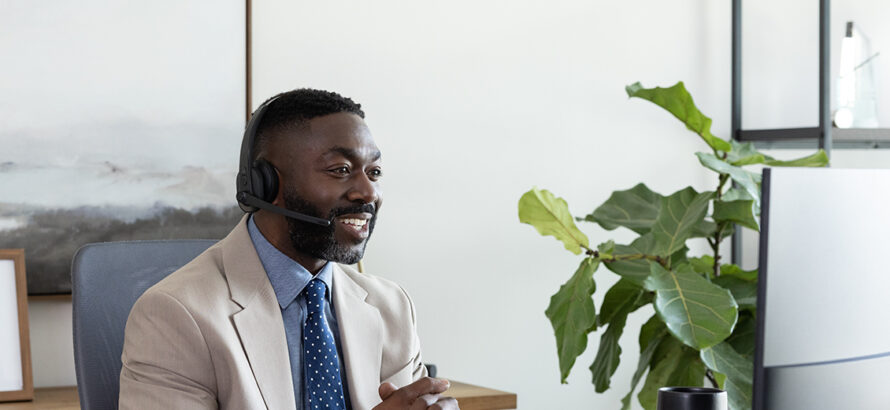
More small businesses are starting podcasts to reach customers. In fact, 89 million people listened to a podcast in 2015, nearly double the number from 2008, according the Pew Research Center.
It’s also estimated that 46 million Americans listen to podcasts each month, with the average listener tuning in to about six podcasts each week, according to Edison Research.
If you’re looking for new ways to reach potential customers, you might want to consider giving podcasting a try. Diane Daniels, host of Medicare Nation, a weekly podcast that educates listeners on Medicare policies and benefits, says her podcast, which consistently has 150 to 200 downloads a week, has helped build her business, Senior Advisors for Medicare and Medicaid.
The key to creating a successful, well-listened-to podcast is to pick a topic you are passionate about and give your audience valuable information, she says. And while Daniels doesn’t talk about her business on her podcast, it’s listed in the show notes, and some of her listeners have become clients.
Here are some small business podcasting pros and cons:
Podcasting Pros
Captive audience
Most podcast listeners will give your content their undivided attention. Listeners typically download podcasts and listen on-the-go while working out or commuting so you have a captive audience with few distractions.
No competing messages
Unlike radio or TV, when your listener tunes into your podcast, that person will only hear your messages. Your content won’t be interrupted by competing advertisements or messages.
Accurate metrics
It’s easy to measure your audience because you can track the number of downloads as well as the number of people who subscribe to your podcast, and adjust your podcast marketing strategy accordingly.
However, Daniels warns not to get caught up in the number of weekly downloads in the beginning. If you keep putting out good content, you’ll get followers. Her first week, Daniels only had eight listeners and, she says, half of them were family members. Don’t try to compare yourself to the most popular podcasts such as “This American Life” and “Serial,” which are downloaded by millions of listeners each week.
Consider this: If you were doing a presentation and 25 people attended, you would think that was a good turnout, Daniels says. With podcasting, she says, you can get 100 or more people listening to you each week.
Podcasting Cons
Finding an audience
One way to find an audience is by promoting your small business podcast on social media. Daniels posts audio files from her show on Facebook, LinkedIn and Twitter to help new listeners find her. According to Pew, 93 percent of podcast listeners are active on social media and 58 percent engage with brands online. Another way to market your podcast is to appear as a guest on someone else’s podcast.
Sticking to a schedule
Your listeners will expect a new podcast every week or, at the very least every month. This can be difficult for a small business operator with limited time and resources given that Daniels estimates she spends about three hours on each podcast, devoting an hour to research, an hour to recording the show and an hour to promoting it through social media. In the beginning it might take longer while you’re getting the hang of it, she says. A weekly editorial calendar may help keep you on track.
But one alternative may be to delegate the responsibility to an intern. Interns are generally young, tech savvy and in touch with online viewing preferences. Outline your goals for the podcasts and weigh in regularly about content and tone to ensure that they are accomplishing what you want them to. But also be receptive to ideas that can help your business connect with new customers. For example, a young intern may have insights about reaching Millennials, who are the largest demographic group in the U.S.
Editing your podcast
It would be great if you could just hit record, talk and then post your podcast but most podcasts are edited to include music and to trim down the discussion to keep a lively pace. If you lack the skills to do the editing yourself, you can always outsource that task to an audio editing firm.
Creating the podcast is easy, Daniels says. “Any personality can podcast. You don’t have to be an extrovert.” And, it doesn’t cost a lot of money. You can start podcasting tomorrow with less than $100 and a smartphone.
For more help with growing your small business, browse our resources here.



